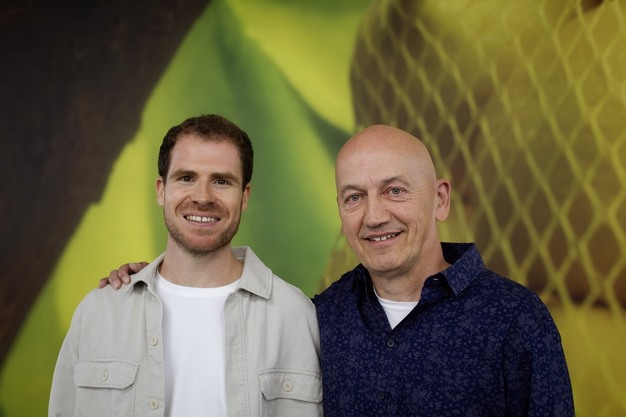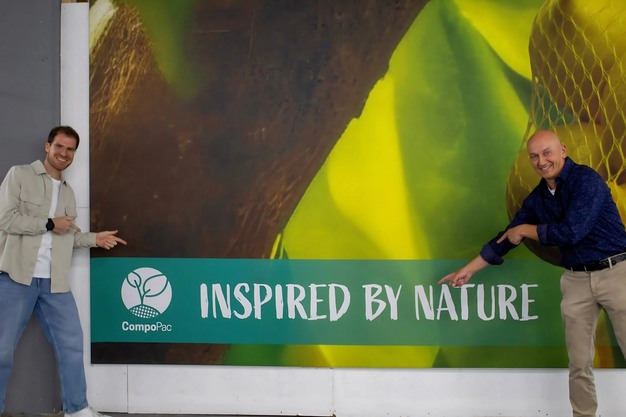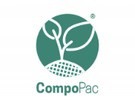The UN Plastic Summit in Geneva ended without agreement after negotiations among about 180 countries. While most delegations supported binding restrictions on plastic production, oil-exporting nations opposed the measure. The OECD Global Plastic Outlook (2022) projects that global plastic waste will reach 1,014.14 million tons by 2060, with only around 9 per cent expected to be recycled and the rest going to landfills, incineration, or entering the environment.
 © CompoPac
© CompoPac
"The failure of the summit could be interpreted as bad news for companies involved in sustainable alternatives in the food industry. But quite the contrary: it shows how serious the situation is and how complex the issue of plastic needs to be addressed," said Michael Bandel, sales manager at CompoPac. "In my opinion, a global ban is not realistic. But it would be wrong to wait for the perfect solution. Functioning alternatives are already available today – you just have to use them."
According to CompoPac, packaging is one of the main drivers of plastic use. The company develops net packaging and climbing aids made from 100 per cent cellulose. These materials are compostable and already used in agriculture and food supply chains.
Spain provides one example of the transition underway. Some composting plants are preparing to only accept plant residues with compostable string. Plastic strings currently require separation and disposal at additional cost, whereas compostable alternatives allow residues to be fully reintegrated into compost cycles.
 © CompoPac
© CompoPac
"As a consumer, it is very difficult to do without plastic. But we can make it easier for people – by offering them genuine, sustainable alternatives in stores," said Dominik Gedon, sales manager at CompoPac Growth. "That is why we are convinced that the battle against plastic will not be decided in negotiating rooms, but in everyday life in agriculture and trade."
CompoPac will present its solutions at Fruit Attraction 2025 in Madrid, taking place from September 30 to October 2. The company will exhibit in Hall 8, Stand 8A13.
 For more information:
For more information:
Compopac
Tel: +49 (0) 9823 955 160
www.compopac.com
